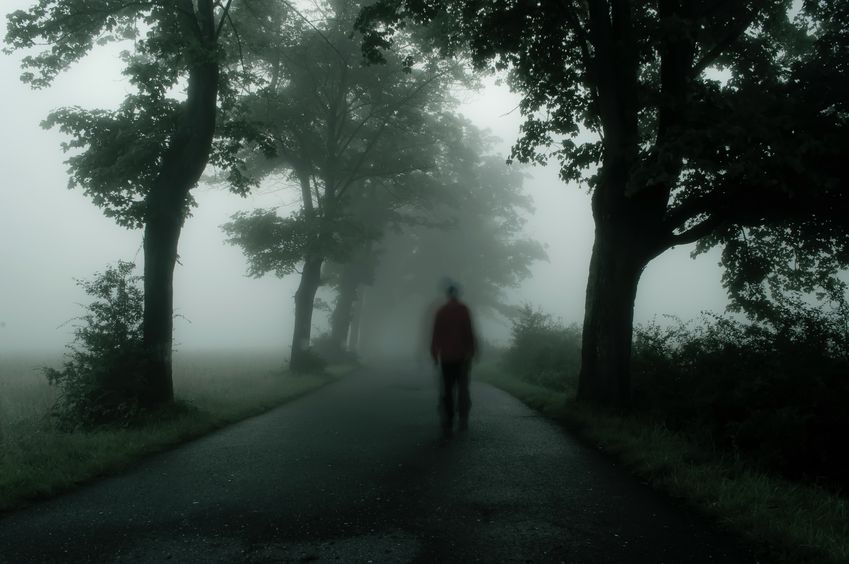
Whilst this may seem like a good thing to those who don’t suffer from nightmares, it can actually mean that sufferers are more likely to have positive dreams, as well as having very high empathy and creativity levels. Who knew that something so negative and often terrifying could turn out to be a positive thing?
Michelle Carr, psychologist at the University of Montreal’s Center for Advanced Research in Sleep Medicine, recently wrote an article in New Scientist explaining the two most dominant theories in nightmare explanations. The first being that nightmares are our way of coping with negative experiences that occur during our waking hours.
We develop strategies to cope with these experiences by living them through our dreams where we may feel safer and protected from the negative event. The second idea is the ‘threat simulation theory’ which is basically another way of saying when we have nightmares, we are rehearsing potential situations and preparing ourselves for what may happen in our waking lives – as a way to protect ourselves should something similar ever happen to us.
In Carr’s influential study, she asked volunteers to attend her Dream and Nightmare Laboratory located in Canada where they took part in questionnaires, creativity tests and gave reports of their waking daydreams. The volunteers then had electrodes attached to their bodies and they were asked to take a nap whilst findings were recorded.
Some studies, such as this one published in Science Direct, found that people who suffered from regular nightmares described themselves as being more empathetic than those who do not have regular nightmares.
They were also found to subconsciously mirror the actions of others whilst in regular conversation, such as yawning, which has also been linked to having high empathy in previous studies. Further studies by Carr found that when taking part in word-association tasks, those who suffer from regular nightmares performed better than those who do not.
The same can be said for creative aptitude tests and artistic expression – showing a connection between nightmares and sensitivity of emotion.
Although surprisingly, there is further good news for those who suffer from constant nightmares – Carr’s research also found that they are also very likely to have positive dreams as their dreaming life is positive, creative, vivid and free.
So what do you think about this research? Do you often suffer from nightmares? Let us know in the comments.
View Comments
Oh wow! That makes so much sense! I am an Empath, HSP, very creative and have alot of nightmares. I also have A.D.D. A few years ago I was having them most nights. During this time I went to have an assessment with a psychiatrist, not because of the nightmares but because I wanted to dry ADD medication. He asked how well I slept and if I had nightmares. So i told him how often and what some of them were about. He looked perplexed and asked if I had been in the military and had gone to desert storm or something similar. I told him I had not and said, "that's really weird." He refused to prescribe ADD meds but prescribed an antidepressant (even though I told him I was not depressed and had tried several in the past short term due to always having side effects) and he also prescribed me a drug that said on the bottle "Take one tablet every night before bed for nightmares."
A DRUG FOR NIGHTMARES!? That night i took one. And that's the only time. It gave me panic attacks. I never tried the antidepressant. I saw him twice after that trying to get ADD medicine. Everytime he refused and said, "try this one." He would prescribe another antidepressant. Everytime I would tell him I took them for a few days but suffered severe side effects thinking he would give up on antidepressants and give in and let me try ADD meds.
He was fired for some reason. I never did try ADD meds either having decided I had lived with it my whole life and without meds so may as well not risk side effects.
If I only had this info then to shove in his face lol. The past year though, the nightmares have significantly declined. In fact, they are rare now. 😴